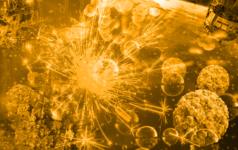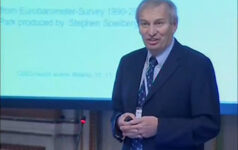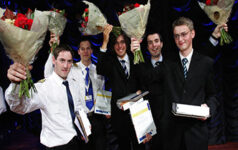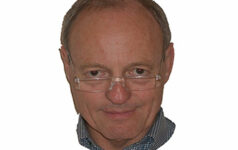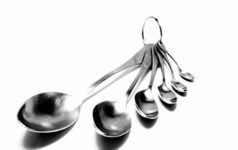Molecular Biology of the Cell* and Molecular Biology of the Cell: A Problems Approach, By Tim Hunt and John Wilson
The success of an academic discipline has a lot to do with the attractiveness of its founding ideas and discoveries. These in turn reach the next generation of practitioners through textbooks.






